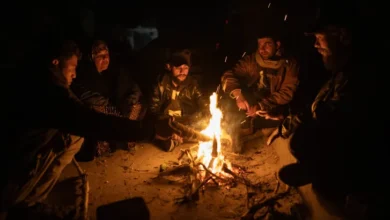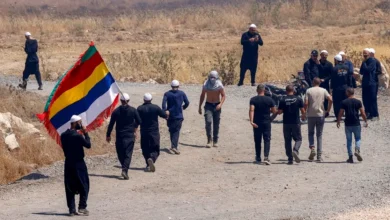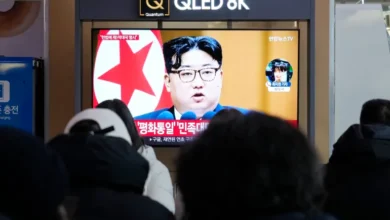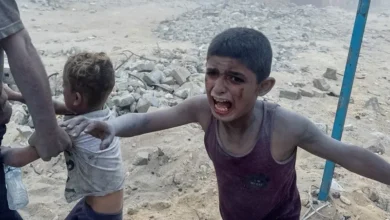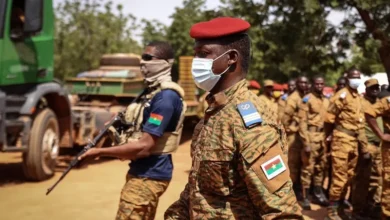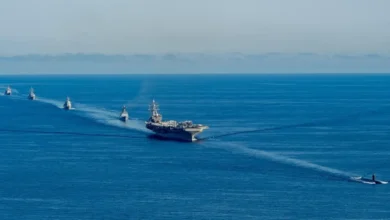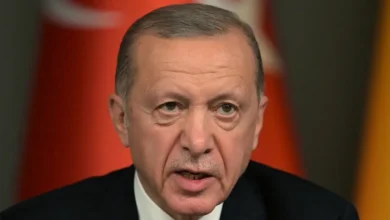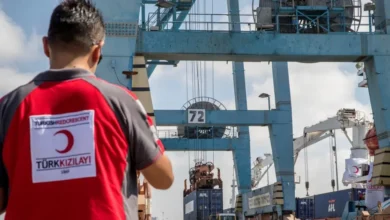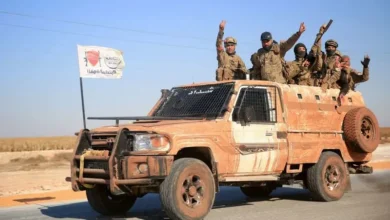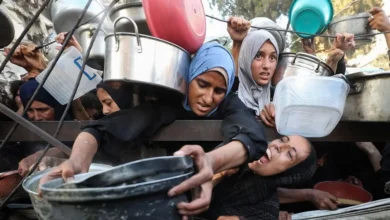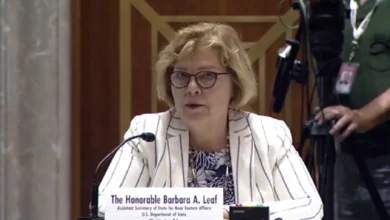Wagner vs Africa Corps: The future of Russian paramilitaries in Mali
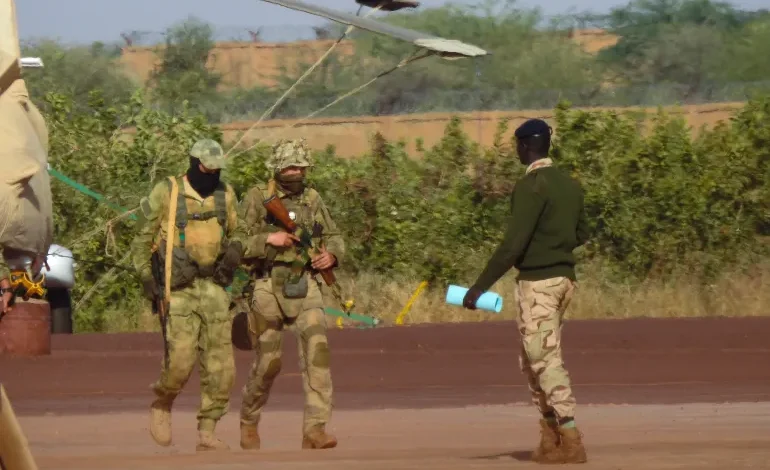
This month, the Russian mercenary outfit Wagner Group announced its total withdrawal from Mali, claiming it had completed its mission after three and a half years of operations in the West African country.
For years, Wagner had been battling rebels and armed groups on behalf of the Malian government, as well as asserting Russia’s interests in the Sahel.But as Wagner leaves, security advisers from the Africa Corps, a Kremlin-controlled paramilitary group, will remain in their place, ensuring a lingering presence of Russian forces.
So, what does this change mean for Mali, and is there a difference between the two Russian paramilitary groups and their mission in Africa?
An ‘anti-Western coalition’?
Mali’s government has, for decades, been embroiled in a conflict with ethnic Tuareg separatists in the Sahara Desert, as well as fighters affiliated with ISIL (ISIS) and al-Qaeda.
Previously, French forces assisted the Malian government, but they withdrew after a military coup in 2021. The latest round of fighting erupted in 2023 when Bamako’s military government mounted a new offensive against the rebels.
“The Malian junta invited Wagner and Russia to support them in Mali – this really stemmed from frustration with the [military] support provided by France and other Western partners,” Flore Berger, a senior analyst at the Global Initiative’s North Africa and Sahel Observatory, told Al Jazeera.
“They felt that, despite years of help, the security situation hadn’t improved, and Western countries kept pressuring them to return to civilian rule, organise elections, etc. Russia, through Wagner, on the other hand, offered support without those conditions. It was seen as a more respectful and reliable partner that wouldn’t interfere in Mali’s political choices.”The separation from France also appeared to bolster Malian sovereignty.
“France is Mali’s former colonial overlord and there’s a tense relationship, to say the least,” International Crisis Group’s Sahel researcher Franklin Nossiter told Al Jazeera.While Moscow maintained an active presence in Africa during the Cold War, its footprint diminished in the post-communist collapse of the 1990s as Russia dealt with its own problems. But it has been revived in recent years, as President Vladimir Putin has sought a more assertive role on the world stage.
“The original push into Africa largely came through Wagner,” said John Lechner, author of Death Is Our Business: Russian Mercenaries And The New Era Of Private Warfare.
“Over time, as the programme became successful … the interest within the Kremlin more broadly grew, especially after the full-scale war in Ukraine in 2022, when it was a useful narrative that not only is Russia not isolated, but there are African countries that continue to seek its assistance.”
Experts say mercenaries have been a tool of Russian interests in Africa, capitalising on discontent with the former colonial and neocolonial powers, as well as offering security in exchange for resources, especially in the Central African Republic. This was less so in Mali, however, where, despite some small-scale gold mining operations, some Wagnerites were so hard-pressed for cash they were purportedly pictured selling discount canned sardines at local markets. There, the priority was seemingly more about Russian influence over the Sahel.
“Now, it is exclusively a question of geopolitics, ousting the collective West from Africa, creating an anti-Western coalition,” explained Sergey Eledinov, a former Russian peacekeeper turned independent Africa specialist based in Dakar, Senegal.
The Ukraine factor
Last year saw another foreign player appear in the Malian conflict.
A contingent of Wagner and Malian troops was ambushed by Tuareg rebels in Tinzaouaten, near the Algerian border, in July, claiming the lives of 84 Russian mercenaries and 47 Malian soldiers, including Nikita Fedyanin, a blogger behind the Wagner-linked Telegram channel, Grey Zone.
